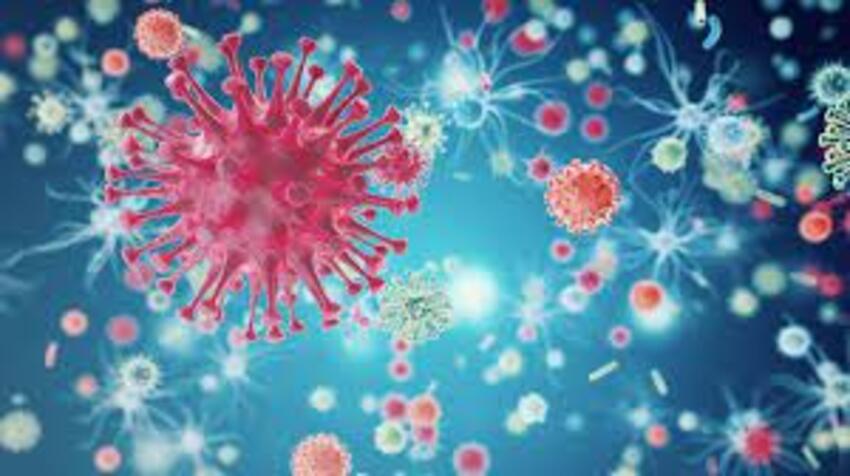
Internal Medicine
Internal medicine or general internal medicine (in Commonwealth nations) is the medical specialty dealing with the prevention, diagnosis, and treatment of internal diseases. Physicians specializing in internal medicine are called internists, or physicians (without a modifier) in Commonwealth nations. Internists are skilled in the management of patients who have undifferentiated or multi-system disease processes. Internists care for hospitalized and ambulatory patients and may play a major role in teaching and research. Internal medicine and family medicine are often confused as equivalent in the Commonwealth nations.
Because internal medicine patients are often seriously ill
or require complex investigations, internists do much of their work in
hospitals. Internists often have subspecialty interests in diseases affecting
particular organs or organ systems.
General internal medicine specialists do not provide
necessarily less expertise than single-organ specialists, rather, they are
trained for a specific role of caring for patients with multiple simultaneous
problems or complex comorbidities.
- Emergency medicine
- Endocrinology
- including metabolic diseases and diabetes mellitus
- Gastroenterology
- Cardiology
- Haematology
- Cardiovascular diseases
- Lung diseases
- Kidney diseases
- Rheumatology.
- Adverse Drug Events Reporting
- Antibiotic Resistance
- Coronavirus (COVID-19)
- Depression
- Electronic Health Records
- Genomic Medicine
- Geriatrics
- Health Diversity
- Healthcare Reform & the ACA
- Hospital Medicine
- Hypertension
- Immunization
- Lipids and Cardiovascular Risk Management
- Menopause
- Microbiome
- Migraine
- Moderate to Severe Asthma
- Obesity and Weight Management
- Pain Management
- Palliative Care
- Patient Safety
- Rare Diseases
- Residents
- Substance Abuse and Addiction
- Wireless Medicine
Recent Published
Submit Manuscript
To give your manuscript the best chance of publication, follow these policies and formatting guidelines.


